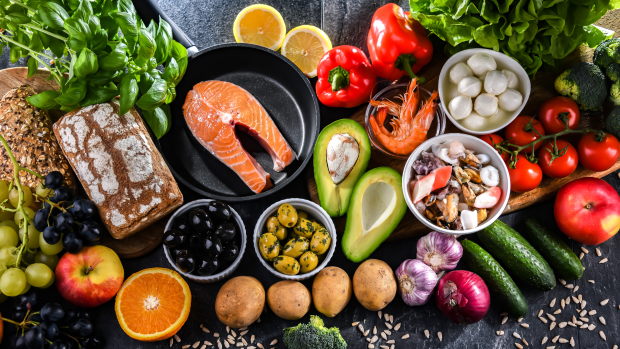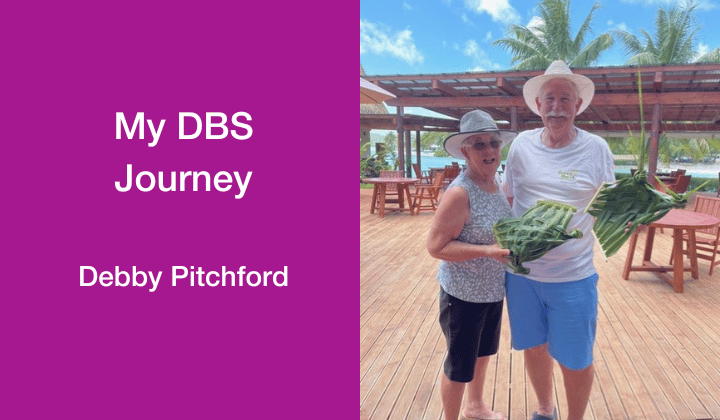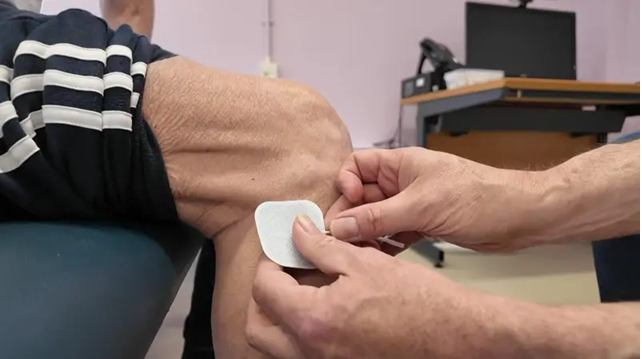The holiday season often brings intense emotions, from joy and excitement to stress and exhaustion. When the holidays end, it’s common to experience low mood.
The need for self-care does not begin and end with the annual Festive Season. Even after it has passed, many people experience what is often called the ‘post-holiday blues’.
This post-holiday time can feel like a let-down, especially after weeks of celebration, socialising, and high expectations. There may also have been changes in or setbacks with your health, or the health of loved ones for whom you are caring.
Transitioning back to your pre-holiday schedule can feel overwhelming. Ease into your routine by setting small, achievable goals for the first few weeks after the holidays. This will help you regain some structure without feeling too much pressure.
Prioritise self-care habits like regular sleep, meal planning, and moderate exercise. The more you practise healthy habits, the more you may see an increase in your energy and mood.
Don’t be too hard on yourself
It’s easy to be hard on yourself for feeling down, especially when others seem to have moved on without issues. Instead, acknowledge your emotions without judgment. Many people feel down after the holiday season. Reflect on what the holidays meant to you and why their end feels bittersweet. Journaling can help you process these emotions and identify your needs moving forward.
Plan something to look forward to
There is a lot of unstructured time after the holidays. Create new events or milestones to look forward to, no matter how small. Things to look forward to could include scheduling a coffee date with a friend, planning a day trip, discovering something new in your town, or starting a new hobby.
Having something to look forward to can help you regain your excitement and give you a fresh perspective on the months ahead.
Stay active
Exercise is a proven mood booster for anyone, and of particular value to those living with Parkinsons. Physical activity increases your brain’s levels of dopamine and serotonin, both of which can decrease feelings of sadness and improve your overall well-being. Even a short daily walk can make a big difference.
Connect with others
Feelings of isolation can increase the post-holiday blues. Reach out to friends and family, even if you don’t feel like socialising. A simple phone call or shared meal can help you feel more connected and supported.
Reframe your perspective
The post-holiday period is an opportunity for growth and renewal. In addition to mourning the end of the holidays, this time is also viewed as a chance to set intentions for the new year. Reflect on the lessons you learned over the past year and how you want to move forward.
Practising gratitude can also shift your mindset. Take a few moments each day to write down things you’re thankful for. This simple habit can help you focus on the positive aspects of your life. However it is also important to acknowledge that some challenges still exist.
Limit alcohol and eat well
During periods of low mood, it’s tempting to rely on alcohol or comfort foods for temporary relief. However, these can often increase feelings of sadness over time. Instead, focus on healthy ways to soothe, relieve, and process feelings of sadness. Speak with a mental health professional if you feel you have become reliant on unhealthy coping mechanisms.
The post-holiday blues affect many people. You are transitioning from the fast pace of the holidays to the routines of everyday life.
By taking proactive steps to care for your mental and emotional health, the post-holiday slump may improve over how you felt last year.
Consult a mental health professional or call the Parkinson’s NSW InfoLine on 1800 727 567 if your mood is impacting your daily functioning or if it’s causing friction in your relationships with friends and family.
Source
Original article by Stephanie A. Sarkis PhD
Psychology Today






